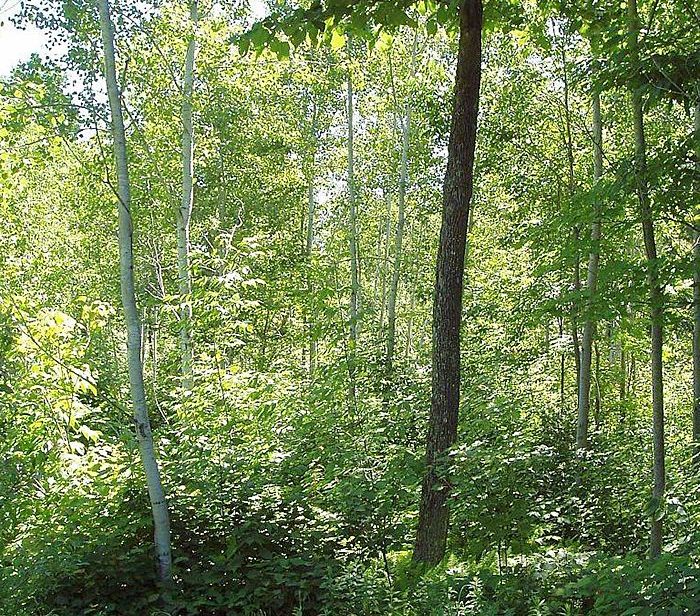
By Pam Wright
Local Journalism Initiative Reporter
When it comes to making a decision about woodlot preservation, Chatham-Kent council has a lot to consider.
An overwhelming response to a public engagement campaign on the issue, the results of an upcoming aerial analysis of local forest cover, and the examination of incentive programs are among the factors to be examined.
After spending more than two hours discussing the issue at its regular meeting Aug. 23, council opted to extend a temporary tree-cutting bylaw to Dec. 14.
It also voted to bring the issue of creating a natural heritage committee of council back to council Sept. 27.
The contentious issue of a tree-cutting bylaw for Chatham-Kent has garnered unprecedented interest in 2021, with some saying it’s drawn more attention than any other municipal issue to date.
The volume of input on the matter appears to bear that out, with both sides weighing in.
A total of 22 deputations were presented to council, and a petition against a tree-cutting bylaw – with more than 200 signatures – was also submitted.
Support for a bylaw was received from the Chippewas of the Thames First Nation, the Ontario Woodlot Association and the National Farmer’s Union.
Opposition against a bylaw comes from the Kent Federation of Agriculture, the Chatham-Kent Landowner’s Association and the Christian Farmers Federation of Ontario.
Although the motion passed, the move to defer the issue to allow for more fact finding didn’t sit well with all councillors.
Chatham Coun. Mike Bondy, who supported the motion, called it a delay, saying it “kind of” wasted everybody’s time as constituents are awaiting a decision.
As a sitting councillor in 2014 when the tree-cutting issue came to a head the first time around, Bondy said the process was “arduous and painful.”
West Kent Coun. Melissa Harrigan said it was important for council to wait and gather all the facts, in order to not have a “knee-jerk” reaction.
“I think we owe this to our community to take the time to do this right,” Harrigan said.
South Kent Coun. Trevor Thompson said the “vitriol” coming from both sides of the issue have made it hard to find “common ground.”
A “made in Chatham-Kent solution” needs to be found, he added, noting what works elsewhere may not work locally.
North Kent Coun. Joe Faas, who is against a bylaw, said legislating tree cutting will alienate the agricultural community, noting most farmers are “excellent stewards of the land.
“If we approve the bylaw, it might ruin the relationship,” Faas said.
Wallaceburg Coun. Aaron Hall, who brought forth the original motion in April, said passion for the issue is evident, adding he’s happy the municipality will have more time for fact finding.
“We have a lot of important work to do and I think it’s a safe way to continue it,” Hall said.
The aerial data to be compiled by the Lower Thames Valley Conservation Authority later this fall is critical to the decision, he added.
“One of our priorities for this term is environmental sustainability,” he said, noting its council’s job to implement strategies that help everyone become better stewards of the land.
Wallaceburg Coun. Carmen McGregor, who supports a municipal tree-cutting bylaw, said she hopes the current council will resolve the issue instead of passing it on to the next council.






